Research Pathways
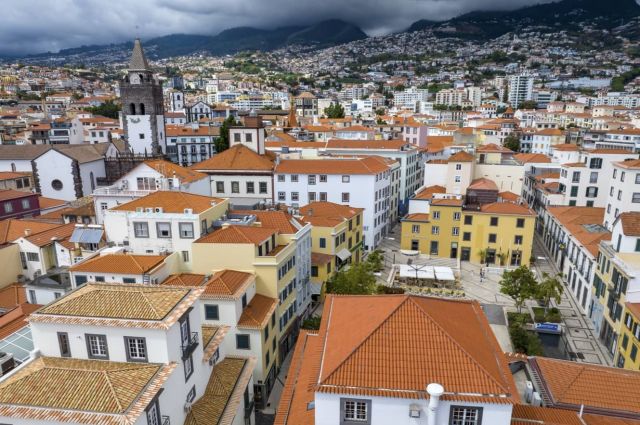
RESEARCH PATHWAY: personal reflections on a career in research
Geographer and climatologist Gerald Mills (University College Dublin) reflects on a long research career investigating urban climate. He considers how the field has evolved from measuring and modelling to understanding the influence of the local context (local buildings and urban context) and its impact on indoor temperatures in adjoining buildings and outdoor conditions. A key aspect is linking urban climate knowledge to building design and urban planning.
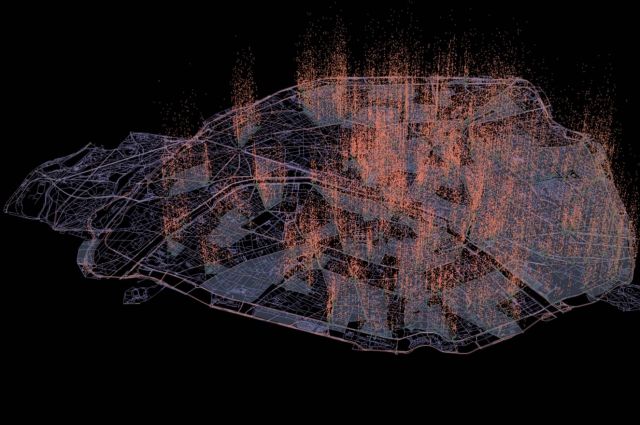
RESEARCH PATHWAY: personal reflections on a career in research
Carlo Ratti (Massachusetts Institute of Technology - MIT) reflects on the work of the Senseable City Lab. Its pioneering research in understanding how people actually use cities and how urban environments could respond dynamically can enhance capacity and the lived experiences.
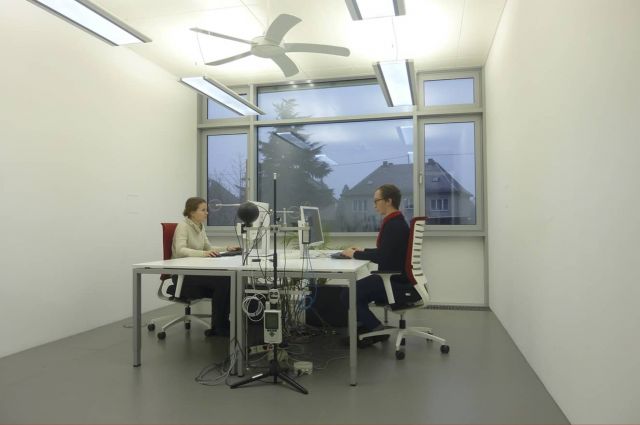
RESEARCH PATHWAY: personal reflections on a career in research
Andreas Wagner (Karlsruhe Institute of Technology) explains his career in building performance as a journey from building technology and building science to a much broader, transdisciplinary approach involving understanding inhabitants' perceptions, practices, agency and interactions with the built environment.

RESEARCH PATHWAY: personal reflections on a career in research
Engineer Cath Noakes (University of Leeds) reflects on motivations that led to a career researching building ventilation and airborne infection. She considers how the pandemic has exposed weaknesses in our built environment that will influence future research, policy and practice.
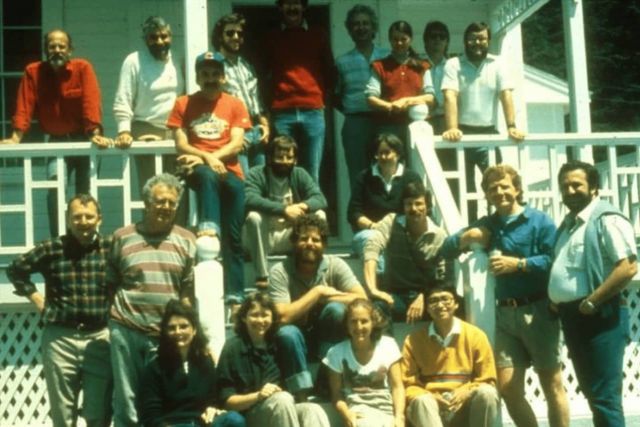
Over 40 years SBSE has raised environmental awareness and capabilities.
Bruce Haglund (University of Idaho) reflects on the creation of the Society of Building Science Educators (SBSE) and its unique ethos of sharing amongst academics and supporting students. Understanding the importance of excellence in teaching building science, this group has been critical for improving its teaching and spreading environmental knowledge worldwide.
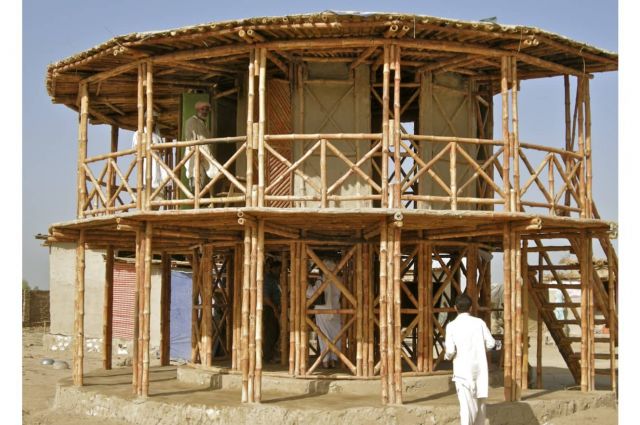
RESEARCH PATHWAY: personal reflections on a career in research
Architect Yasmeen Lari (Heritage Foundation of Pakistan) reflects on her journey that led her from corporate architecture to working for climate disaster relief in Pakistan. She highlights some of the challenges in designing low-cost, low-carbon buildings for the most vulnerable and provides advice for architects and early career researchers on creating impact for communities at-risk. Interview and text by Rihab Khalid (University of Cambridge).

RESEARCH PATHWAY: personal reflections on a career in research
Kirsten Gram-Hanssen (Aalborg University) reflects on the key drivers in her research career moving from engineering to work as a social scientist to understand inhabitants' energy consumption. Situated for many years within a governmental research institute dedicated to applied research, she highlights the challenges that researchers face for influencing public policy.
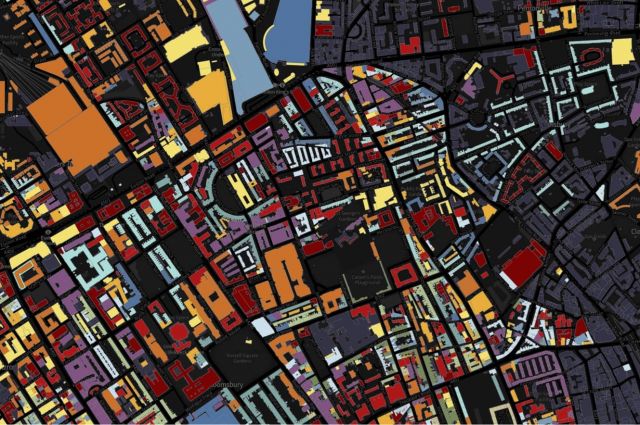
RESEARCH PATHWAY: personal reflections on a career in research
Polly Hudson (Alan Turing Institute) explains how her curiosity about planning knowledge and local community engagement led to new ways to capture and represent 2D, 3D and 4D spatial data about building stocks and urban form. New challenges arise for creating dynamic urban models and platforms: promoting public participation and understanding, use as a planning tool, combining diverse data sources, and simulating the behaviour of building stocks over time.

RESEARCH PATHWAY: personal reflections on a career in research
Robyn Pender (about to retire from Historic England) reflects on a career spanning physics to building conservation, and along the way rediscovers a forgotten approach to thermal comfort: the use of wall hangings. These are effective strategies for today but also raise important questions about how we measure and think about thermal comfort.

RESEARCH PATHWAY: personal reflections on a career in research
Thomas Lützkendorf (Karlsruhe Institute of Technology) considers his research focus on environmental performance assessment: life cycle analysis of buildings - a significant topic in the climate emergency. Maintaining focus, depth, long-term commitment and continuity in research are vital ingredients. In addition, an accompanying responsibility is to translate scientific findings into accessible advice, guidance and practices for end-users.

RESEARCH PATHWAY: personal reflections on a career in research
Rev Michael A. Humphreys (Emeritus: Regent's Park College, University of Oxford) explains how a new approach to thermal comfort - adaptive comfort - was formulated in the 1970s and met with initial disbelief. It took perseverance and signficant investment of time outside of work to assemble and analyse sufficient data which then persuaded relevant line managers. The journey of how adaptive comfort became mainstream over the next 20+ years includes the creation of a network of like-minded researchers and their influence on national and international standards.
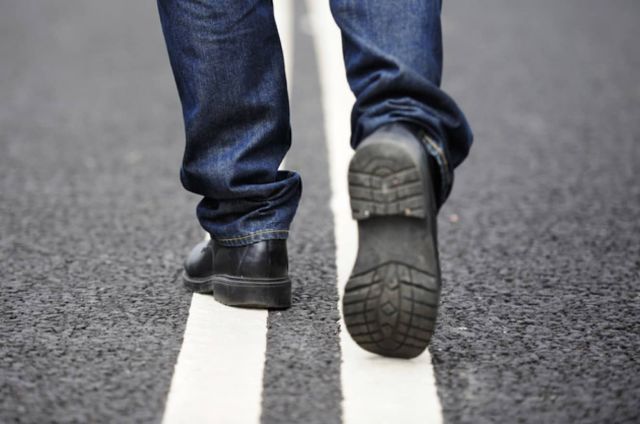
RESEARCH PATHWAY: personal reflections on a career in research
Raymond J. Cole (University of British Columbia) offers a candid reflection on his 50-plus-year career from earlier technically framed research on 'green' building and building environmental performance to more expansive later research that positioned buildings within larger socio-ecological systems. Lessons and insights are offered regarding the relationship between research and practice and the potential benefits gained from building bridges across disciplines.
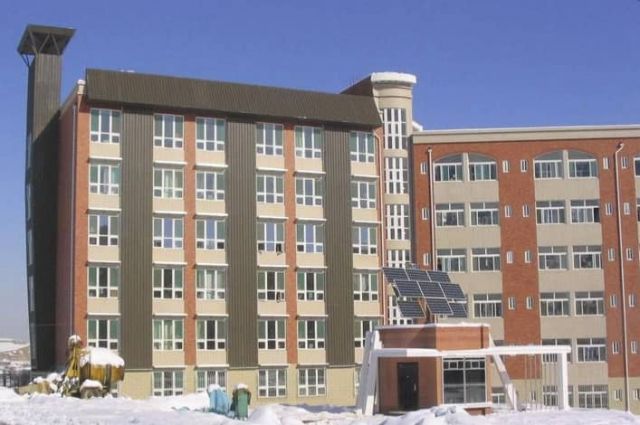
RESEARCH LEGACY: personal reflections on a career in research
Kaixun Sha (Shandong Jianzhu University) reflects on a research career to 'green' the built environment in China. Key insights explain why sustainability in China depends upon much more than technology: the institutional environment and willingness, international knowledge exchange and cooperation, making practical trade-offs, and harnessing professionalism to ensure appropriate governance and outcomes.
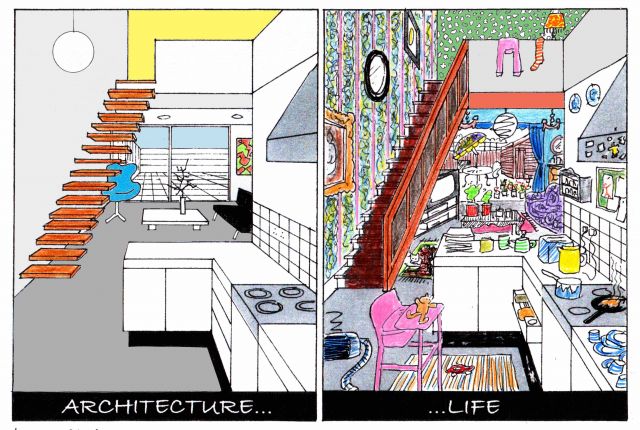
RESEARCH LEGACY: personal reflections on a career in research
Louis Hellman - cartoonist, satirist and architect - reflects on a long career chronicling the architecture profession and its foibles. His research into the occupants' perspective, architectural practice and the drivers that influence the built environment resulted in a powerful, insightful critique of the built environment and a moral compass to the architectural profession.
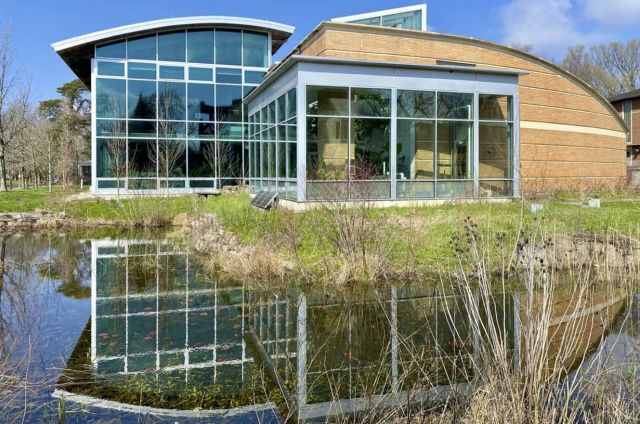
RESEARCH LEGACY: personal reflections on a career in research
David Orr (Oberlin College) explains how a radical building project to 'design with nature' had profound impacts on education as well as inspiring students, designers and the wider community. The Adam Joseph Lewis Center is a milestone building. With ingenuity and effort, it provided a positive message that we can design neighborhoods, communities, cities, and nations to enhance the biosphere. It continues to provide many lessons for designers and students.
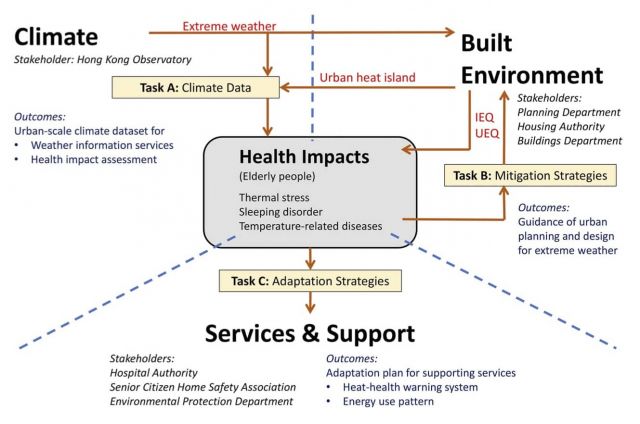
RESEARCH LEGACY: personal reflections on a career in research
Edward Yan Yung Ng (Chinese University of Hong Kong) draws 5 conceptual and strategic lessons from his research career spanning building design, urban daylighting, urban ventilation and urban climate. Sound advice is offered to early career researchers. Amongst chief insights are the understanding of both theory and critical practice in order to frame a clear aspiration for research questions to pursue. Equally important is learning how to convey knowledge in language appropriate to end users (e.g. practitioners and policy makers).
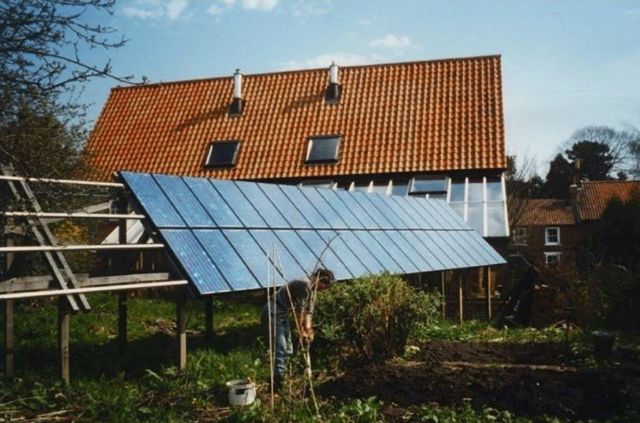
RESEARCH LEGACY: personal reflections on a career in research
Robert Vale and Brenda Vale reflect on their pioneering work in ecological design and a career linking architectural practice, research, writing and teaching. Their exemplary approach to the creation of low energy and autonomous buildings opened new possibilities for architecture. However, the architectural profession has been slow to change. Personal reflections are offered as insights and advice to early career researchers.
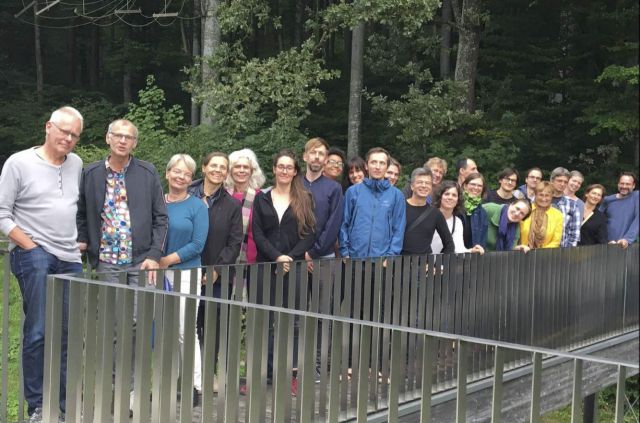
RESEARCH LEGACY: personal reflections on a career in research
Marina Fischer-Kowalski considers the key drivers in her interdisciplinary career linking social metabolism and material flow accounting that led to the creation of economy-wide energy and material flow analysis (MEFA). Research into broad, complex issues cannot be done alone. Insights and advice are offered on intensive multidisciplinary collaboration.
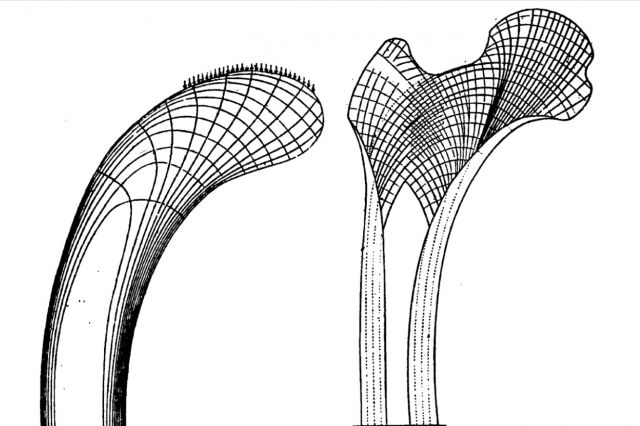
RESEARCH LEGACY: personal reflections on a career in research
Philip Steadman (University College London) considers how seminal theoretical perspectives from biology, maths and architecture helped to shape a revolutionary vision of an architectural morphology over a 55 year period. Personal reflections are offered as insights and advice to early career researchers.
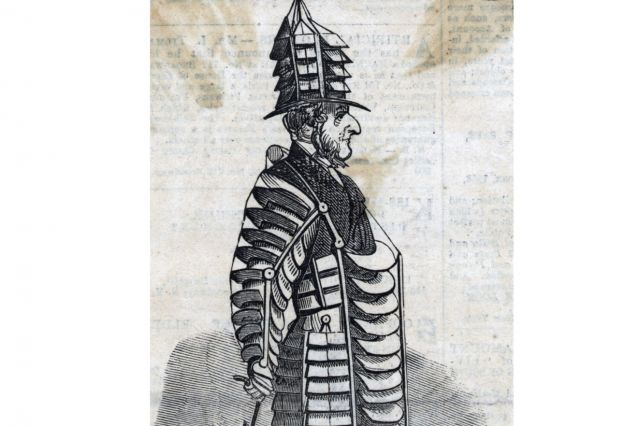
RESEARCH LEGACY: personal reflections on a career in research
Sociologist Elizabeth Shove (Lancaster University) reflects on key drivers that have helped to shape a part of her intellectual career for understanding energy demand in the built environment: the invigorating force of social theory, intellectual curiousity and the importance of challenging what others take for granted.
Latest Peer-Reviewed Journal Content
Generative AI: reconfiguring supervision and doctoral research
P Boyd & D Harding
Exploring interactions between shading and view using visual difference prediction
S Wasilewski & M Andersen
How urban green infrastructure contributes to carbon neutrality [briefing note]
R Hautamäki, L Kulmala, M Ariluoma & L Järvi
Implementing and operating net zero buildings in South Africa
R Terblanche, C May & J Steward
Quantifying inter-dwelling air exchanges during fan pressurisation tests
D Glew, F Thomas, D Miles-Shenton & J Parker
Western Asian and Northern African residential building stocks: archetype analysis
S Akin, A Eghbali, C Nwagwu & E Hertwich
Lanes, clusters, sightlines: modelling patient flow in medical clinics
K Sailer, M Utley, R Pachilova, A T Z Fouad, X Li, H Jayaram & P J Foster
Analysing cold-climate urban heat islands using personal weather station data
J Taylor, C H Simpson, J Vanhatalo, H Sohail, O Brousse, & C Heaviside
Are simple models for natural ventilation suitable for shelter design?
A Conzatti, D Fosas de Pando, B Chater & D Coley
Impact of roofing materials on school temperatures in tropical Africa
E F Amankwaa, B M Roberts, P Mensah & K V Gough
Acceptability of sufficiency consumption policies by Finnish households
E Nuorivaara & S Ahvenharju
Key factors for revitalising heritage buildings through adaptive reuse
É Savoie, J P Sapinski & A-M Laroche
Cooler streets for a cycleable city: assessing policy alignment
C Tang & J Bush
Understanding the embodied carbon credentials of modern methods of construction
R O'Hegarty, A McCarthy, J O'Hagan, T Thanapornpakornsin, S Raffoul & O Kinnane
The changing typology of urban apartment buildings in Aurinkolahti
S Meriläinen & A Tervo
Embodied climate impacts in urban development: a neighbourhood case study
S Sjökvist, N Francart, M Balouktsi & H Birgisdottir
Environmental effects of urban wind energy harvesting: a review
I Tsionas, M laguno-Munitxa & A Stephan
Office environment and employee differences by company health management certification
S Arata, M Sugiuchi, T Ikaga, Y Shiraishi, T Hayashi, S Ando & S Kawakubo
Spatiotemporal evaluation of embodied carbon in urban residential development
I Talvitie, A Amiri & S Junnila
Energy sufficiency in buildings and cities: current research, future directions [editorial]
M Sahakian, T Fawcett & S Darby
Sufficiency, consumption patterns and limits: a survey of French households
J Bouillet & C Grandclément
Health inequalities and indoor environments: research challenges and priorities [editorial]
M Ucci & A Mavrogianni
Operationalising energy sufficiency for low-carbon built environments in urbanising India
A B Lall & G Sethi
Promoting practices of sufficiency: reprogramming resource-intensive material arrangements
T H Christensen, L K Aagaard, A K Juvik, C Samson & K Gram-Hanssen
Structural barriers to sufficiency: the contribution of research on elites
M Koch, K Emilsson, J Lee & H Johansson
Disrupting the imaginaries of urban action to deliver just adaptation [editorial]
V Castán-Broto, M Olazabal & G Ziervogel
Nature for resilience reconfigured: global- to-local translation of frames in Africa
K Rochell, H Bulkeley & H Runhaar
How hegemonic discourses of sustainability influence urban climate action
V Castán Broto, L Westman & P Huang
Fabric first: is it still the right approach?
N Eyre, T Fawcett, M Topouzi, G Killip, T Oreszczyn, K Jenkinson & J Rosenow
Social value of the built environment [editorial]
F Samuel & K Watson
Understanding demolition [editorial]
S Huuhka
Data politics in the built environment [editorial]
A Karvonen & T Hargreaves

Latest Commentaries
Will NDC 3.0 Drive a Buildings Breakthrough?
To achieve net zero GHG emissions by mid-century (the Breakthrough Agenda) it is vital to establish explicit sector-specific roadmaps and targets. With an eye to the forthcoming COP30 in Brazil and based on work in the IEA EBC Annex 89, Thomas Lützkendorf, Greg Foliente and Alexander Passer argue why specific goals and measures for building, construction and real estate are needed in the forthcoming round of Nationally Determined Contributions (NDC 3.0).
Self-Organised Knowledge Space as a Living Lab
While Living Labs are often framed as structured, institutionalised spaces for innovation, Sadia Sharmin (Habitat Forum Berlin) reinterprets the concept through the lens of grassroots urban practices. She argues that self-organised knowledge spaces can function as Living Labs by fostering situated learning, collective agency, and community resilience. The example of a Living Lab in Bangladesh provides a model pathway to civic participation and spatial justice.